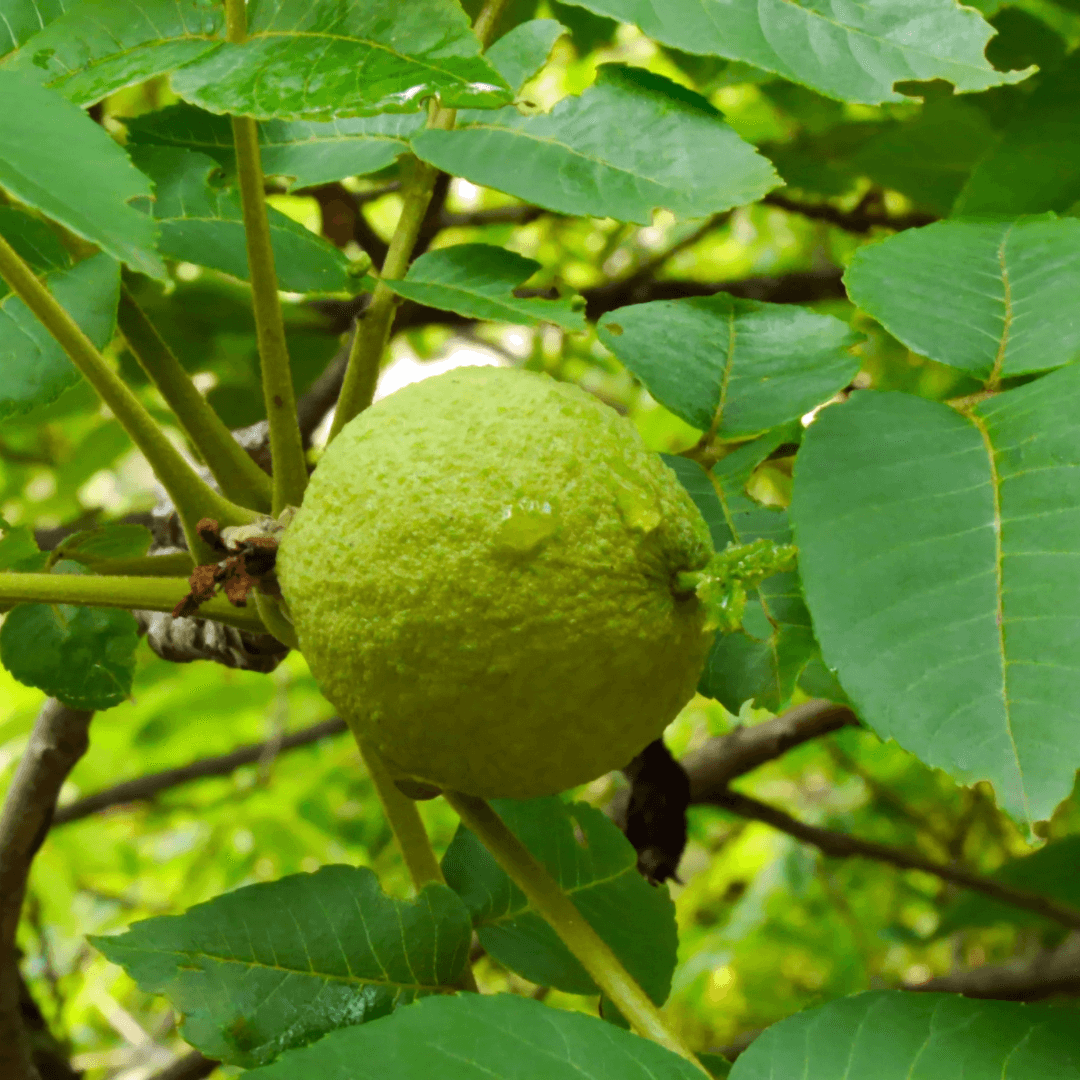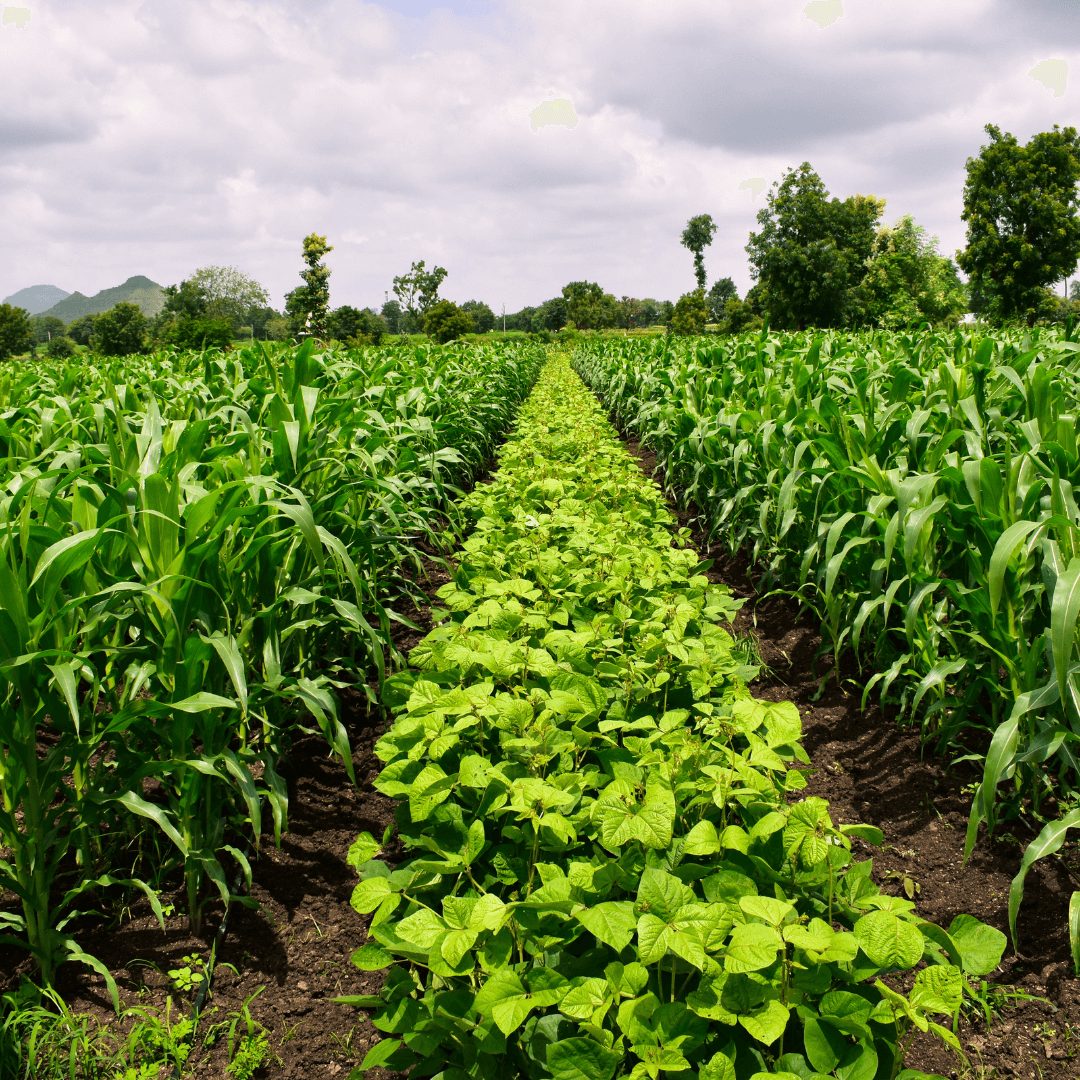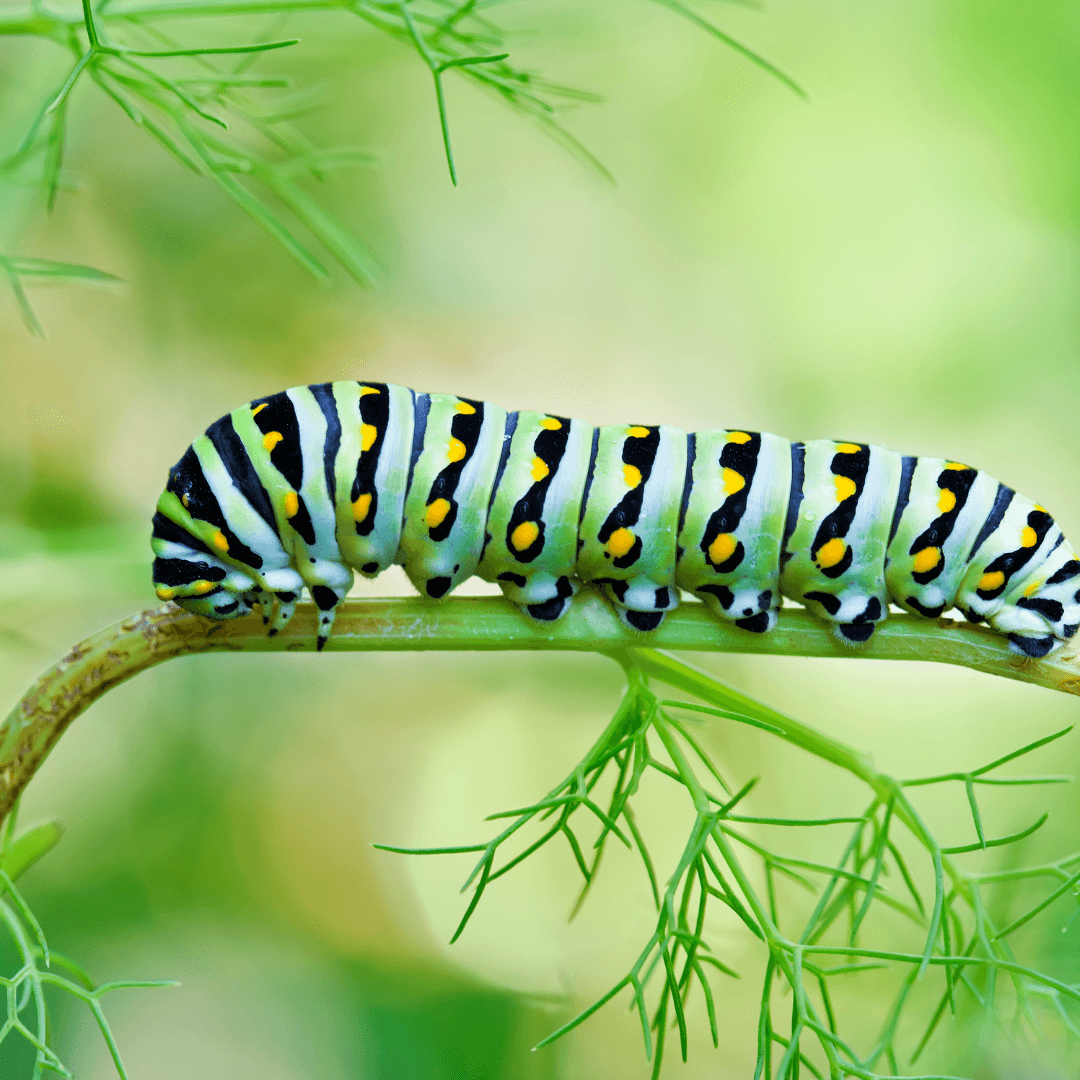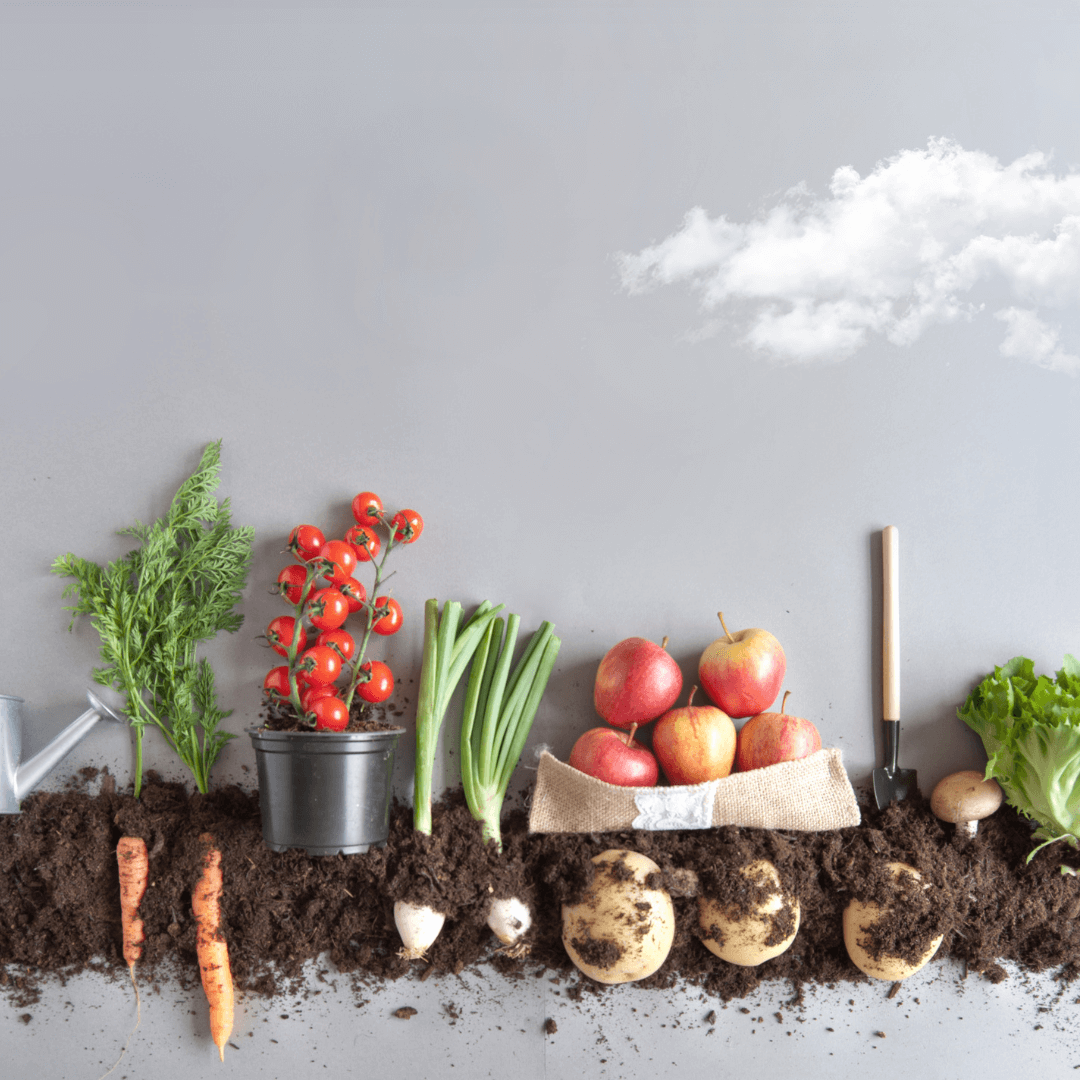Hi there! My name is Jeena, and I'm a passionate gardener. Today, I want to talk about black walnut trees and how they can affect our gardens. Black walnut trees (Juglans nigra) are native to North America and are known for producing a chemical called juglone, which can be toxic to certain plants. In this in-depth article, we'll explore the effects of Juglone in the soil and are black walnut trees bad for gardens.
1. Understanding Juglone
What is Juglone?
Juglone is a natural chemical produced by black walnut trees that can be found in their roots, bark, leaves, and nut hulls. It is released into the soil and can inhibit the growth of certain plants sensitive to Juglone.
The amount of Juglone in the soil
The highest concentration of Juglone is typically found in the soil directly beneath the tree canopy, with concentrations decreasing as you move further away. However, it can still be present in lower concentrations 50-60 feet from the tree.
2. How Juglone Affects Nearby Plants
Juglone Sensitive Plants
Many plants are sensitive to Juglone and may exhibit symptoms such as wilting, yellowing, or stunted growth when planted near black walnut trees. Some common juglone-sensitive plants include:
Vegetable Seed Vault Kit | 35 Variety Pack

$29.95
$49.95
Survival Vegetable Seeds Garden Kit Over 16,000 Seeds Non-GMO, Heirloom, Non-Hybrid, and Open Pollinated | Great For Emergency Bugout Survival Gear | 35 Varieties Seeds For Planting Vegetables | 35 FREE Plant Markers ASSORTMENT - 35 easy-to-grow vegetable varieties and… read more
Tolerant of Juglone Plants
Many plants tolerate Juglone and can be successfully grown near black walnut trees. Some of these plants include:
3. Black Walnut Leaves and Fallen Leaves
Black Walnut Leaves
The leaves of the black walnut tree also contain Juglone. When they fall in autumn, they can release Juglone into the soil as they decompose, further affecting nearby plants.
Dealing with Fallen Leaves
To minimize the impact of fallen leaves, it's a good idea to rake and remove them from your garden area. Composting the leaves separately from your central compost pile can help reduce the juglone content before using it as mulch or compost in your Garden.
4. Gardening Tips for Areas with Black Walnut Trees
Raised Beds
One effective solution for gardening near black walnut trees is to use raised beds. Creating a barrier between the natural and garden soil can help reduce the amount of Juglone that reaches your plants.
Choosing the Right Plants
Selecting plants tolerant of Juglone is crucial for success in a garden near black walnut trees. By choosing the right plants, you can avoid the adverse effects of Juglone and maintain a healthy, thriving garden.
Proper Plant Spacing
Ensuring proper spacing between your plants and the black walnut tree can help minimize the effects of Juglone. Generally, plant-sensitive species are at least 50-60 feet from the tree to reduce the likelihood of juglone-related issues.
5. Identifying and Managing Juglone Sensitivity
Signs of Juglone Sensitivity
If you notice any of the following symptoms in your plants, they may be sensitive to Juglone:
- Wilting
- Yellowing leaves
- Stunted growth
- Plant death
Seed Safe Survival Seed Kit - 35 Variety Pack

$29.95
$49.95
Seed Safe Survival Seed Kit: The Ultimate Heirloom Collection for Self-Sufficient Gardening Are you ready to embark on a journey toward self-sufficiency and sustainable living? Look no further than the Seed Safe Survival Seed Kit. This incredible collection features a… read more
Managing Juglone Sensitivity
If you suspect that your plants are suffering from juglone sensitivity, consider the following steps:
- Remove any fallen black walnut leaves from the area.
- Relocate sensitive plants to a different area of your Garden, ideally at least 50-60 feet away from the black walnut tree.
- Amend the soil with organic matter to help dilute the juglone concentration.
- Use raised beds to create a barrier between the natural soil and your garden soil.
- Replace sensitive plants with juglone-tolerant species.
6. Black Walnut Tree Removal
In some cases, removing the black walnut tree might be the best option for your Garden. Before making this decision, consider the following:
- The age and health of the tree
- The size of your Garden and available planting space
- The tree's value as a source of shade, wildlife habitat, or other benefits
If you decide to remove the tree, remember that the Juglone can persist in the soil for several years after removal. You may need to continue managing the area for juglone sensitivity until the chemical has sufficiently broken down.
7. Using Black Walnut Wood in the Garden
Black walnut wood is prized for its durability and resistance to decay. However, it is essential to be cautious when using it in the Garden due to the potential presence of Juglone.
- Avoid using black walnut wood chips or sawdust as mulch around sensitive plants.
- Using black walnut wood for raised beds, line the interior with a barrier to prevent Juglone from leaching into the soil.
8. Conclusion
While black walnut trees can pose challenges for gardeners due to the presence of Juglone in the soil, with proper planning and management, it is possible to have a thriving garden near these trees. By understanding the effects of Juglone, selecting tolerant plants, and employing gardening strategies such as raised beds and proper plant spacing, you can enjoy the beauty of black walnut trees without sacrificing the health of your Garden.
 Frequently Asked Questions - Are Black Walnut Trees Bad For Gardens
Frequently Asked Questions - Are Black Walnut Trees Bad For Gardens
Q1: How far should I plant sensitive plants from a black walnut tree?
A1: It is recommended to plant sensitive plants at least 50-60 feet away from a black walnut tree to minimize the effects of Juglone.
Q2: Can I use black walnut leaves as mulch in my Garden?
A2: It is not advisable to use black walnut leaves as mulch around sensitive plants, as they contain Juglone, which can harm them. Instead, rake and remove fallen leaves and compost them separately before using them in your Garden.
Q3: How long does Juglone persist in the soil after removing a black walnut tree?
A3: Juglone can persist in the soil for several years after removing a black walnut tree. You may need to continue managing the area for juglone sensitivity until the chemical has sufficiently broken down.
Q4: Can I use black walnut wood in my Garden?
A4: Black walnut wood is durable and decay-resistant, making it valuable for garden projects. However, it is essential to be cautious when using it in the Garden due to the potential presence of Juglone. Avoid using black walnut wood chips or sawdust as mulch around sensitive plants, and if using it for raised beds, line the interior with a barrier to prevent Juglone from leaching into the soil.
Q5: Can Juglone affect humans or animals?
A5: Juglone is not known to be harmful to humans or pets when they come into contact with the soil. However, the nuts and other parts of the black walnut tree can be toxic to horses and other livestock if ingested in large quantities. Exercise caution when allowing animals to graze near black walnut trees.
Q6: How can I tell if my plants suffer from juglone sensitivity?
A6: Plants sensitive to Juglone may exhibit symptoms such as wilting, yellowing leaves, stunted growth, or plant death. If you notice these signs in your plants, consider relocating them to a different area of your Garden or replacing them with juglone-tolerant species.





 Frequently Asked Questions - Are Black Walnut Trees Bad For Gardens
Frequently Asked Questions - Are Black Walnut Trees Bad For Gardens

